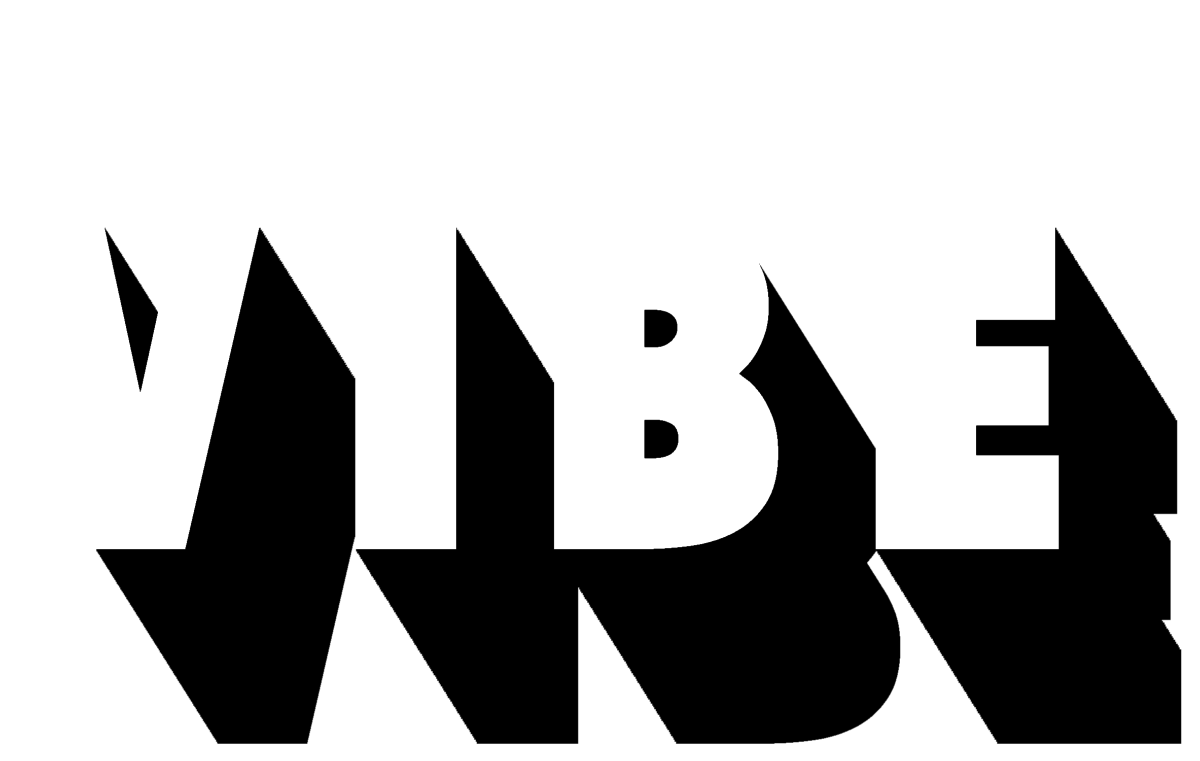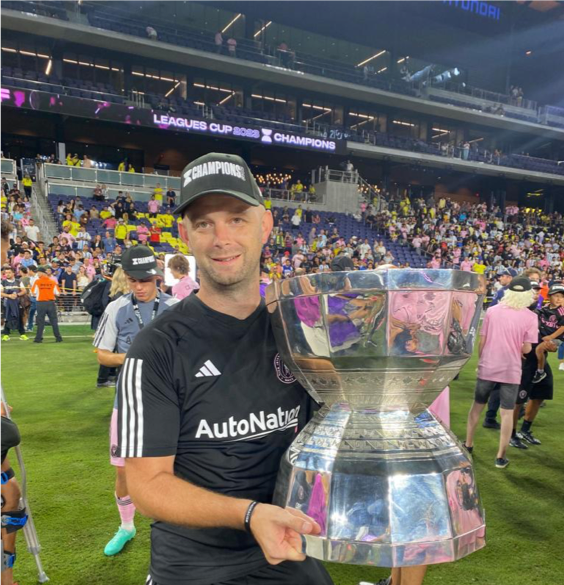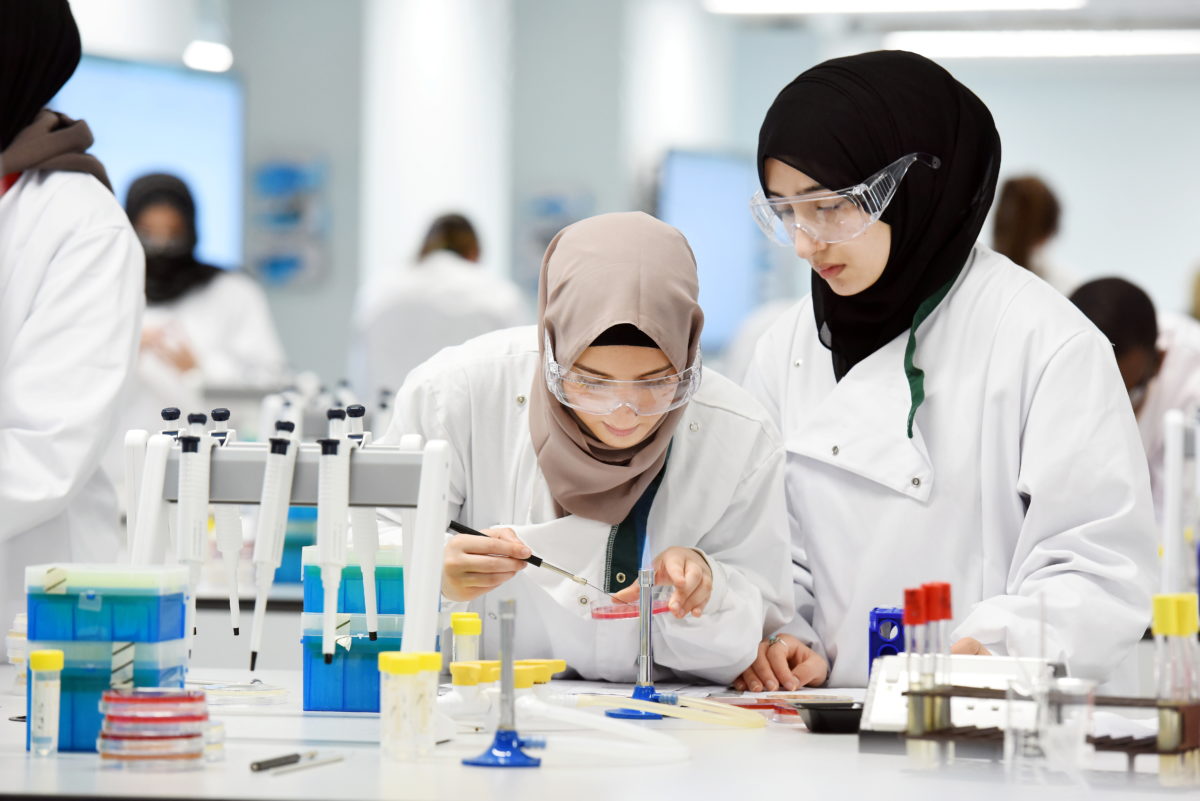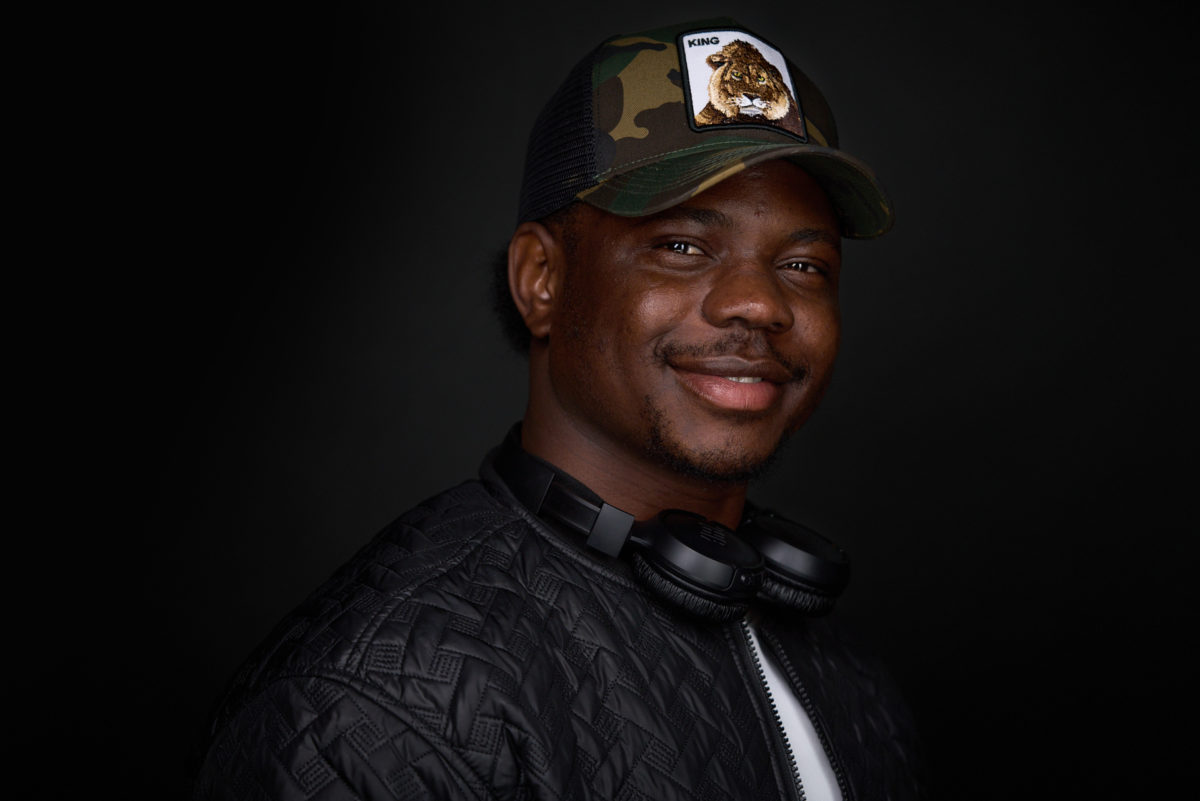What motivated you to pursue a PhD at Teesside University?
I met Dr Matthew Weston (former Teesside University Professor) at a conference in the US and was really interested in his work around differential ratings of perceived exertion (dRPE). I thought the concept was novel and underappreciated in the field. We connected on everything – sport science, performance topics in Major League Soccer, and the challenges of working in North America. Suddenly we had a framework for a PhD so Matt encouraged me to write up the project as a proposal.
Matt left the uni to pursue life in the applied world so I met with a few other institutions doing applied work in elite football to see if there was a better fit, but the staff at Teesside University supported me the way I needed. The prospect of working with renowned researchers like Matt and Professor Greg Atkinson was really exciting, though a bit intimidating. Then Dr Matt Wright and Professor Paul Chesterton were added to my advisory group, solidifying that the people at Teesside would support me throughout this project, and were invested in me as a researcher, professional and person. This made it a no-brainer to complete.
How did Teesside support you throughout your PhD?
When I began interacting with Teesside I noticed it is a ‘people first’ university. Everyone I dealt with, from advisors to administrators, to the library staff was so engaged with my project and my needs as a long-distance doctoral student.
Special shoutouts to Dr Matt Wright, Professor Paul Chesterton, Dr Matt Portas and Professor Greg Atkinson for being my main points of contact and caring about me. A lot happened during my time at Teesside – I was promoted, got married, had children, moved jobs, and the team supporting me even changed, but never wavered in support. What I never quite got used to is how often my advisory team asked me my opinion on a topic. My advisers treated me not as a student, but a peer in all communications.
Tell us about the mentorship from your advisers and faculty
The mentorship never felt like they were teaching me – it was always peer-to-peer. Discussing, professionally arguing, and providing examples of other cases isn’t how I imagined I would communicate with my professors. I expected to be mentored and given a pathway, much like undergraduate study. When I accepted that I was viewed as a peer and needed to own that, the entire relationship blossomed into something really powerful and stretched far beyond the scope of my thesis to all facets of my work and studies.
Did you face any challenges?
The biggest challenge for me as a distance student was feeling isolated. My advisory group always tried to connect and share, but not having a direct peer group sitting next to me going through the same issues and challenges was difficult. Of course I had support at work and home, but not someone who could say share their experiences and how they handled things.
A big step in my progression as a PhD student and professional was owning that feeling and my studies. If I didn’t ask for help, my professors could only ever assume I was doing fine. I planned my meetings and pushed on aspects I didn’t understand. I learned how to delegate, discuss and drive a group of elite professionals in the same direction.
What set this PhD programme apart from other institutions?
My advisory group was second to none. On social media, you hear horror stories about aloof advisors stringing you along, but I never felt that. My group was warm and welcoming, direct but always constructive in criticism. I always looked forward to meeting with them as I knew their feedback was in my best interests for my project. It really showed how important the ‘individual’ is at Teesside, which is something I didn’t always feel at other universities, especially for distance students.
Any advice for prospective PhD students considering Teesside?
For distance students, you are the boss of your project. Take ownership and sell it to everyone you need to get on board. If you have a meeting planned, come in ready to discuss – your time is limited so optimise every second.
For PhD students, work hard but enjoy what you’re working on. This process is challenging enough so you don’t need to add more stress to yourself by pressuring and beating yourself up on the little things. If you missed a weekend of reading and writing, it’ll be OK. Small progress is still progress.
For both professional and PhD studies, use your work questions to guide your PhD questions. There is no better way to be productive than to unify your work as a PhD student with your day-to-day work in the field. Your employer will love the outputs and the formal information-sharing that occurs naturally for PhD students.




